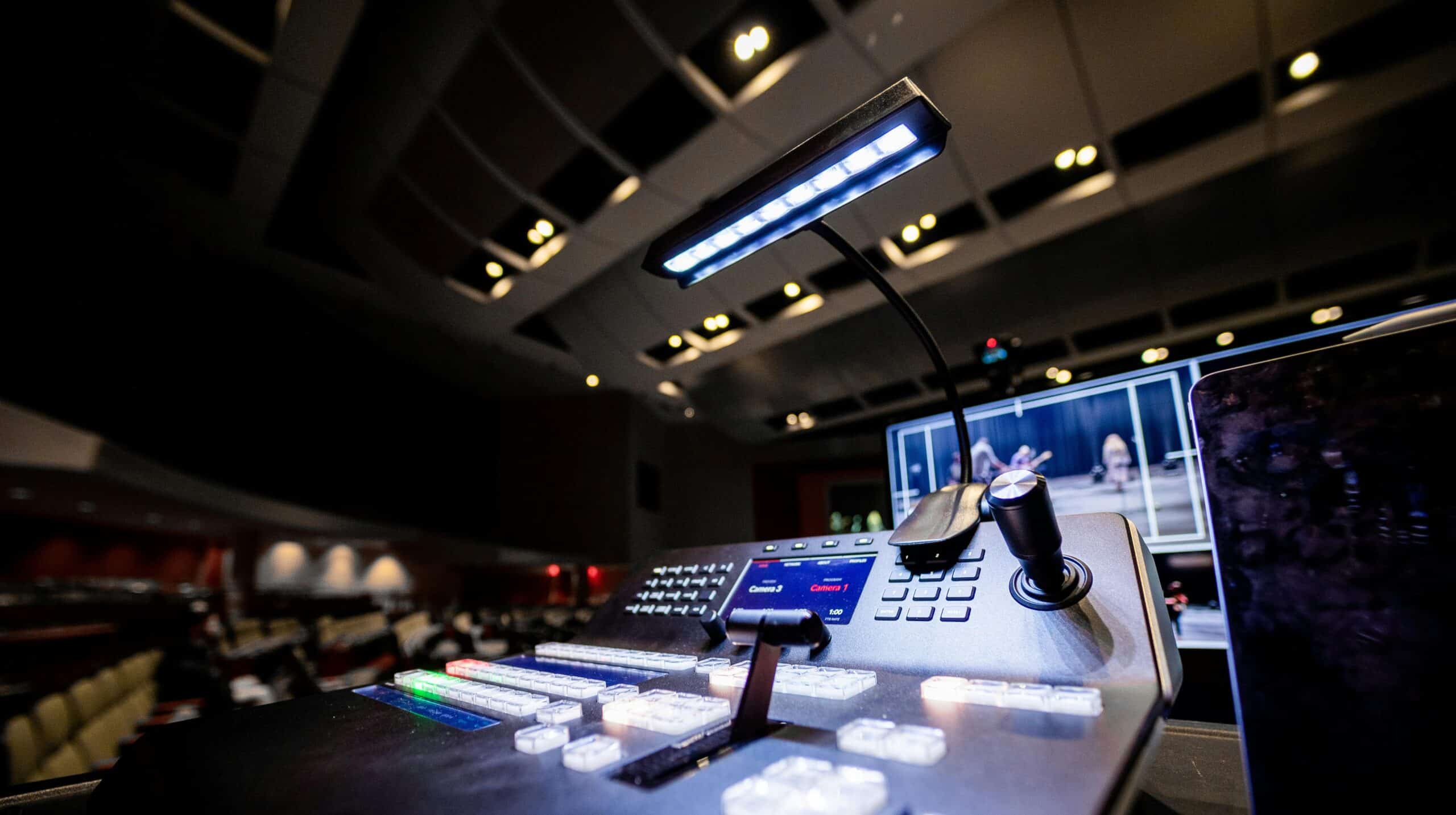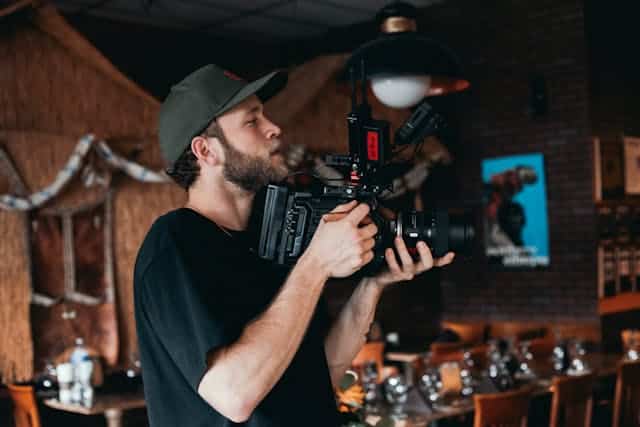Music Supervisor’s Role in Film and Television
The role of music supervisors in film production is important because music plays a crucial role in enhancing the emotional impact of a movie.
Behind the scenes, music supervisors are the professionals responsible for selecting, licensing, and integrating music into visual media.
Their expertise not only shapes the auditory experience of a project but also contributes significantly to its overall success.
Now, we’re about to explore the vital role of music supervisors in film and television.
Also I would dive deep and provide real-world examples, key responsibilities, and how their musical choices can elevate storytelling in unforgettable ways.
Why Music Supervisors Are Important?
Music supervisors serve as the bridge between filmmakers and the music industry. Furthermore, they ensure that the right music is chosen to complement the narrative, enhance characters, and stir up emotions.
Consider the opening scene of Guardians of the Galaxy, where Chris Pratt’s character dances to “Come and Get Your Love.”
That scene instantly set the film’s tone, and it was the music supervisor who fought to get that track licensed.
Also, their work is essential for creating a cohesive audio-visual experience that resonates with audiences.
Roles of a Music Supervisor
1. Selecting the Right Music
One of the primary responsibilities of a music supervisor is selecting music that aligns with the project’s tone and themes. However, they’re able to do this by:
Understanding the Script: Music supervisors must have a deep understanding of the script and its emotional arcs to choose appropriate tracks.
Curating Soundtracks: They also curate soundtracks that reflect the story’s mood, whether it’s an upbeat score for a comedy or a haunting melody for a drama.
For example, Stranger Things revived Kate Bush’s “Running Up That Hill” decades after its release, all thanks to music supervision choices that perfectly matched the story’s emotional thread.
Collaboration with Directors: Music supervisors work closely with directors and producers to ensure that their musical choices align with the creative vision.
As music supervisor Thomas Golubić once said in an interview with IndieWire…
“It’s all about being invisible but impactful. You want to help the story sing, not overshadow it.”
2. Licensing Music
Once the right tracks have been identified, music supervisors handle the licensing process. They do this by:
Negotiating Rights: They negotiate with record labels, publishers, and artists to secure the rights to use specific songs in a project.
Budget Management: Music supervisors must manage budgets effectively, as licensing fees can vary widely depending on the popularity of a track.
Clearance Documentation: They also ensure all necessary clearances are obtained to avoid legal issues during production or distribution.
It’s not always easy, one misstep in licensing can delay release dates or trigger legal disputes. That’s why this part of their job requires precision and persistence.
3. Working with Composers
In addition to selecting pre-existing music, music supervisors often collaborate with composers to create original scores. The way they achieve this is by:
Finding the Right Composer: They may assist in selecting composers whose style matches the project’s needs.
Supervising Score Creation: Music supervisors oversee the scoring process. This ensures that original compositions enhance key scenes effectively.
Integrating Original and Existing Music: They also work to seamlessly integrate original scores with existing tracks for a cohesive sound throughout the project.
For example, Game of Thrones seamlessly blended Ramin Djawadi’s original compositions with existing tracks in trailers, creating anticipation and emotional buildup.
4. Managing Music Supervision Workflow
Music supervisors must manage various aspects of their workflow to ensure projects run smoothly. Nevertheless, they engage in necessary actions like:
Scheduling: They coordinate timelines for music selection, licensing negotiations, and recording sessions.
Communication: Effective communication with directors, producers, sound designers, and editors is essential for aligning musical elements with visual storytelling.
Staying Organized: Keeping detailed records of all licensed tracks and agreements is crucial for future reference and compliance.
When I first got involved in a short film production, we underestimated how complex the music licensing process was.
Then, it became clear that music supervision isn’t just about taste, it’s about legal accuracy and logistical coordination.
5. Enhancing Audience Engagement
The right music can significantly enhance audience engagement and emotional connection. As a result of this, below are a few tips to consider:
Setting the Tone: Music supervisors help set the tone for scenes, influencing how viewers perceive characters and storylines.
Creating Memorable Moments: Iconic songs or scores can create memorable moments that resonate long after viewing.
Remember Pulp Fiction‘s dance scene with “You Never Can Tell“?
That wasn’t a random choice. It’s a moment that turned into pop culture history, curated carefully by music supervisor Mary Ramos.
Driving Marketing Strategies: Well-chosen music can also drive marketing strategies. This is because it can generate buzz around soundtracks or specific songs featured in trailers or promotional materials.
Studios often release playlists ahead of a film to generate early hype. Just look at how Barbie (2023) used pop stars and teaser drops to push the film’s vibe before its release.
From what we’ve seen so far, music supervisors play an indispensable role in film and television by selecting and integrating music that enhances storytelling.
They curate soundtracks, manage licensing processes and collaborate with composers. Also, it’s very evident that their expertise shapes how audiences experience visual media.
Finally, as you explore opportunities in film or television production, whether you’re a filmmaker, producer, or someone simply curious about how music shapes mood and memory…
It would be wise to understand the significance of music supervision because it can deepen your appreciation for sound in storytelling. It might even inspire you to work with, or become, a music supervisor yourself.
READ ALSO:
Marketing Your Film on Social Media Effectively
Challenges of Independent Filmmaking
Best Movies of All Time, Exclusive Review on Viesic Entertainment
Behind the Scenes of Captain America: Brave New World




Thank you for writing this post. I like the subject too. http://www.kayswell.com
Thank you for your articles. http://www.kayswell.com They are very helpful to me. Can you help me with something?
What’s Going down i’m new to this, I stumbled upon this I have discovered It absolutely useful and it has aided me out loads. I am hoping to give a contribution & assist other users like its helped me. http://www.hairstylesvip.com Great job.